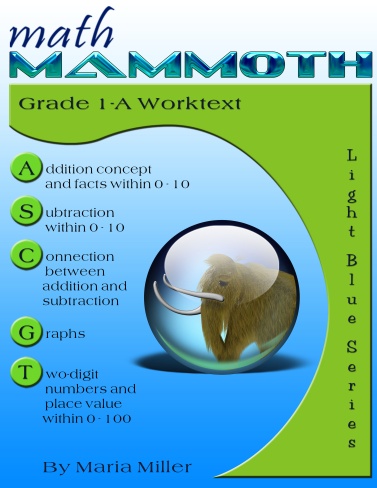When I visited London in the late 90s, which, by the way, seems like a lifetime away, I learned a phrase they use on the subway (or underground) every time doors open and people get on and off. The recording says, “Mind the gap!”
The gap refers to the hole between the platform and the inside of the train. It’s a small gap, but nevertheless people can get caught in it if they step a certain way, or if not people, their rolling luggage or a pet or whatever is dragging behind them on the floor.
I will have to ask my friends who live in London if they still say that on the underground. It’s very catchy, especially if you hear that seven times in the morning and seven times at night on your daily commute. I suppose one blocks it out after awhile.
When I recently read about the homeschool math gap, I remembered the London underground. But then I came back to my homeschool reality. This is some serious research and some good information to have, my dear homeschooling friends.
Did you know that homeschooling students fare a lot better on the language arts section of standardized tests than in the math portion? It is a lot easier to teach children how to read than to drill them in math facts. When one can go to the library and bring home 10 books and repeat the process every week, one’s vocabulary grows at a nice rate.
But what about math? There are so many complaints about children being in tears about math all over the internet. So we come up with manipulatives and unusual ways to explain abstract concepts to little people.
I myself have already tried four math curricula, while still eyeing more from a distance, and we don’t even have tears during math. We went from Singapore Math to Right Start Math to Math Mammoth, while using Life of Fred as a fun supplement.
We are happy with Math Mammoth for now and I think we will be here to stay through sixth grade. Maybe. But that does not mean that we don’t play some of the math games we learned through Right Start or other games, which I found online, using dominoes.
I will close this post about math with a testimony from a friend of mine, a mom of two small children, who was homeschooled in her childhood. She took me aside and whispered to me, “I am preparing to go to dental school and have a hard time remembering math facts. My mom never drilled me. I have to stop and think about 6×8, for instance. Please make sure you drill your children, otherwise they will be handicapped for the rest of their lives. Here I am reciting multiplication tables to myself at night, a mom of two, going to graduate school!”
She was nice to share her testimony with me, wasn’t she? I thanked her profusely and made mental notes of her words. In big block letters. Red. Must drill math facts. Must. Must. Must. I don’t want a gap between my children’s math scores and language arts scores, do you?

I have mixed feelings about math drill. I have one child who I have drilled and drilled and drilled and he doesn’t remember his math facts. I have another who I started to drill and realized he already had his math facts ingrained. I still race him just for fun and to keep my own mind sharp. But the first has had so many tears over it and I’m not sure it was worth it. I guess I do believe in the left brained/right brained ideas and that some kids will perform better in math than others. And the non math ones may choose engineering and they’ll do fine too. My husband graduated with a higher GPA than I did, even though I’m way faster at spitting out my math facts than he is. This doesn’t mean I think you shouldn’t drill. I just think that drilling doesn’t guarantee the gap will be fixed.
ahhhhh….this is good. Very good. Yes, I must drill. Thank you for the reminder.